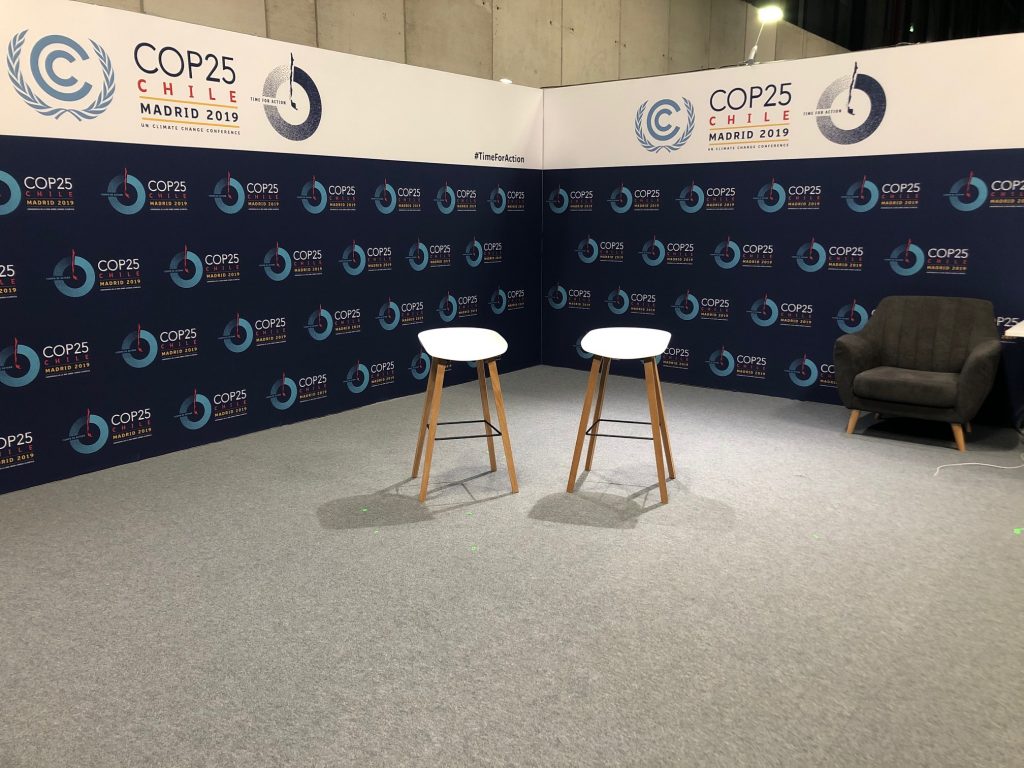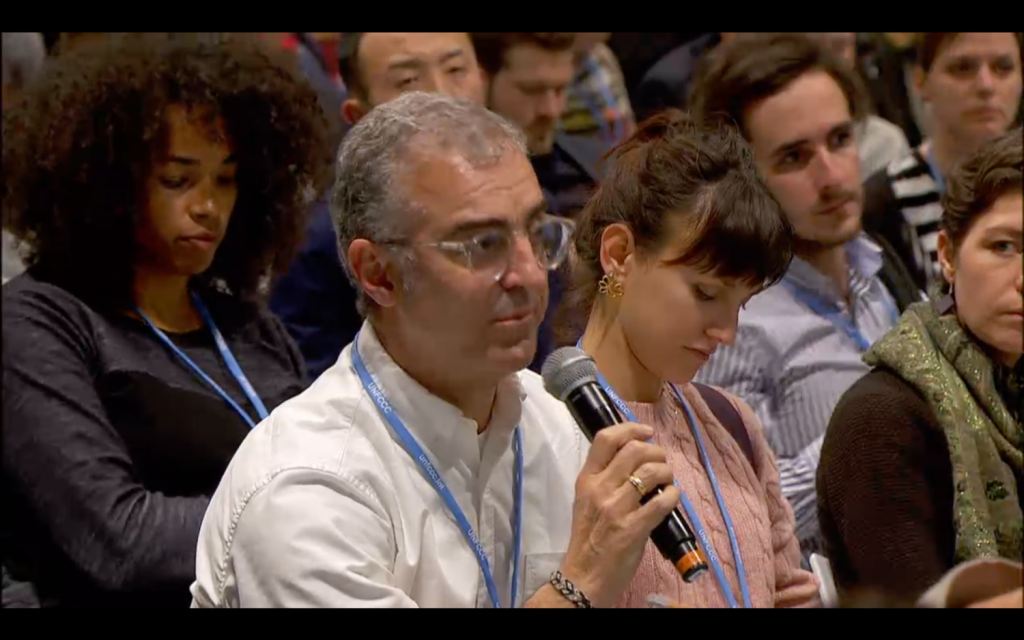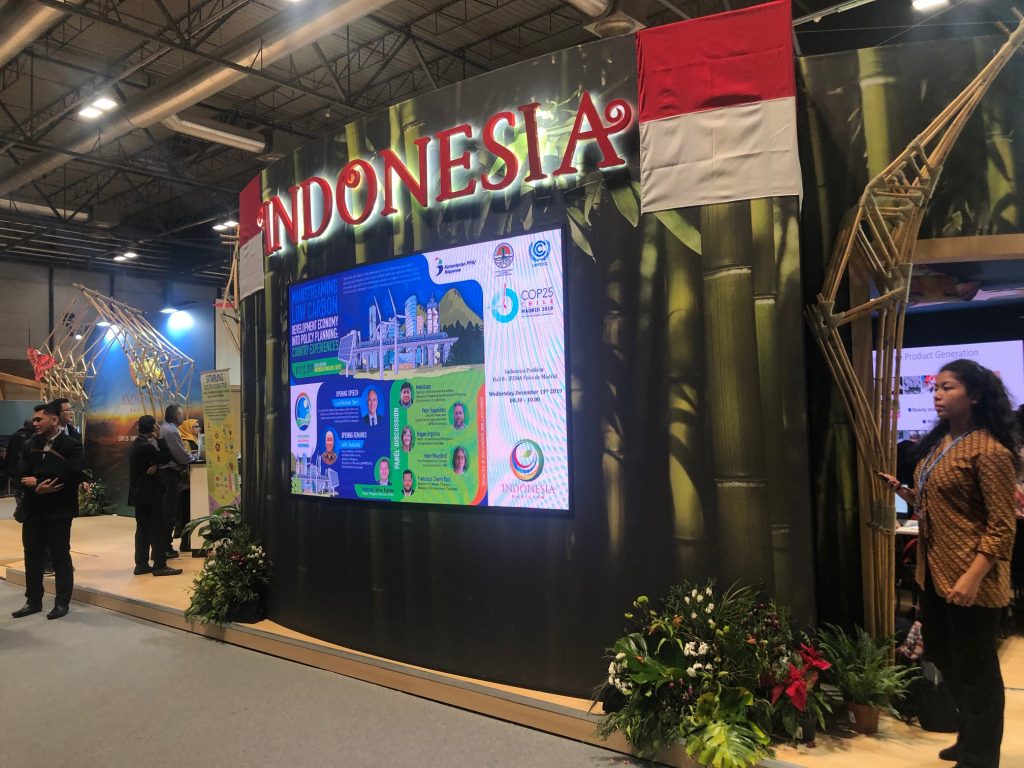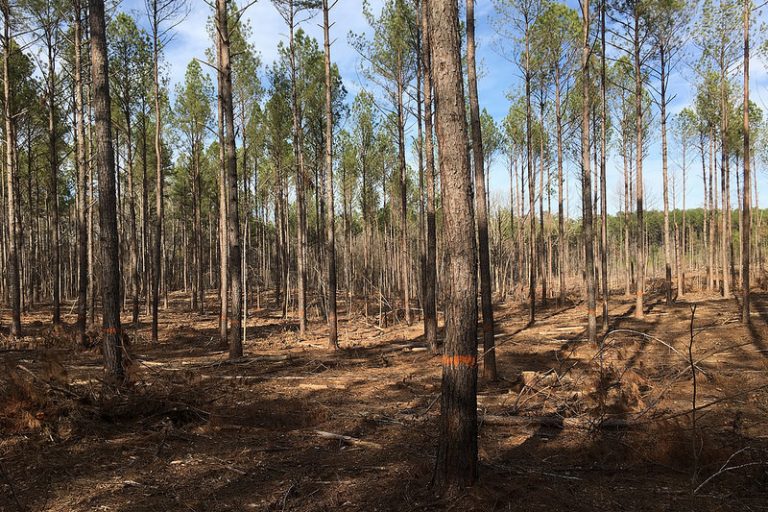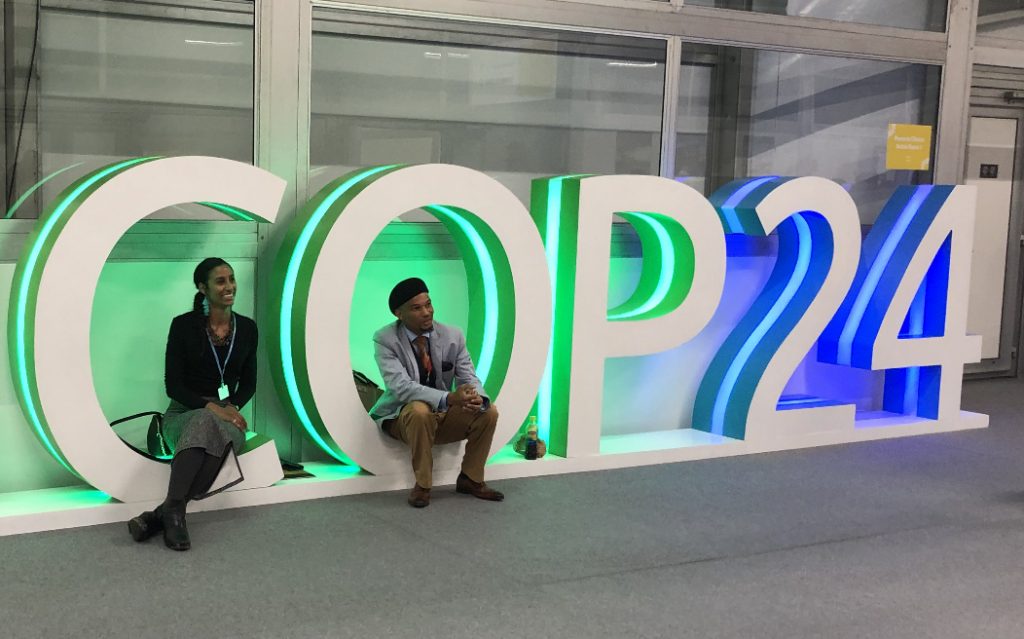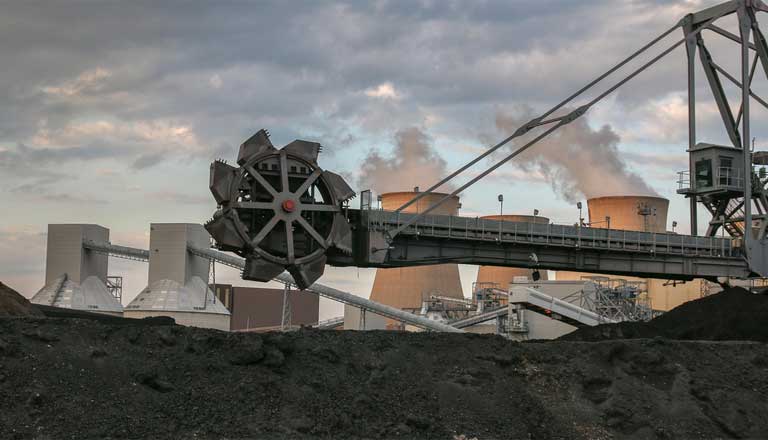
A worker walks past logs stacked at the Enviva plant in Northampton County, N.C. on Tuesday, Sept. 3, 2019. Enviva turns the logs into cylindrical pellets that will be burned for heat and electricity in Europe. ETHAN HYMAN EHYMAN@NEWSOBSERVER.COM
In April, Jon Sawyer, executive director of the Pulitzer Center, called me to offer an opportunity: the center had received a substantial grant to support local newspaper journalism. He wanted to know if I had a story or project in mind that would be valuable to a publication in North Carolina.
I did.
I briefly told Jon about the stories I had been writing for Mongabay for well over a year regarding the growing use of wood pellets in coal-fired energy plants in the United Kingdom and the European Union, the loophole in carbon accounting policy that allowed these enormous emissions to go uncounted (thus threatening to undermine the goal of the Paris Agreement), and to his interest, that the majority of these wood pellets were coming from North Carolina forests — millions of tons per year. Morever, the vast majority of North Carolinians, including legislators and policymakers, know nothing about the industry or its impact. Jon was interested and connected me with a Pulitzer grantee, Saul Elbein, who had published a deeply reported story for Vox.com on this issue of wood pellets.
Saul and I talked, agreed to team up, and developed a Pulitzer proposal that was readily approved; Pulitzer’s support was invaluable. I then reached out to John Dresher, the former News & Observer of Raleigh editor and acquaintance now at The Washington Post. He generously connected me to N&O managing editor Jane Elizabeth, who also, after careful consideration and plenty of questions, gave Saul and me the green light to get started.
It’s important to note that Enviva Biomass, the world’s largest maker of wood pellets with four of its eight plants in North Carolina, was not happy when it learned that Saul and I were working on this project. The multi-billion-dollar public company hired a crisis PR manager in Seattle who tried to talk Jane Elizabeth out of working with Saul and me; he tried to undermine our professional credibility based on our previous reporting on the issue, and he vowed that no one at Enviva would cooperate with us (none did). Since publication, Saul and I have been attacked by name on an industry-sponsored web site, and in an op-ed by Enviva’s CEO.
In this file photo, a logging truck loaded with freshly cut hardwoods enters the Enviva wood-pellet plant in Ahoskie, N.C. THE WASHINGTON POST JOBY WARRICK
Not surprisingly, the N&O, still one of the Southeast’s most prestigious and influential news organizations, stood by Saul and me and the story we proposed. It assigned an experienced staff writer, Richard Stradling, to work with us, as well as an exceptional editor, Dave Hendrickson, to shepherd the ambitious and exhaustive six-month, multi-part, multimedia project to publication in print and online in early January 2020. Since the personal attacks online and in print, the N&O and Pulitzer Center have stood squarely behind my and Saul’s integrity and professionalism in fairly and accurately reporting on a highly controversial story.
Below are the links to the first-ever, indepth series by an independent news organization about an industry and international carbon-accounting policy that a broad consensus of international scientists, environmentalists and public health advocates has serious concerns about in regards to aiding and abetting the accelerating global calamities of climate change:
Part 1 by Saul Elbein: Europe uses tons of NC trees as fuel. Will this solve climate change?
Part 2 by Justin Catanoso: From Poland to NC, activists plea for reduced carbon dioxide
Part 3 by Richard Stradling: World’s largest wood pellet maker both welcomed and condemned in NC
Part 2 sidebar by Justin Catanoso: Enviva facilities have generated hundreds of tons of air pollution a year, critics say
Part 2 sidebar by Justin Catanoso: DEQ Secretary Michael Regan discusses the wood pellet industry
Also: About Enviva
And: How this project was reported


